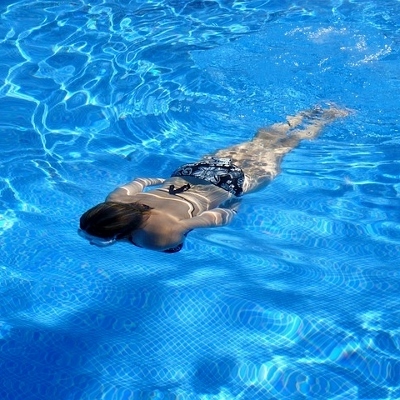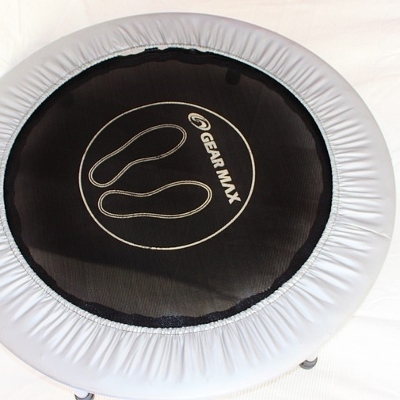 Despite growing concerns about overweight teens in the US, the health crisis continues to spread. National campaigns to combat child and teen obesity have been, so far, ineffective. Blame for the epidemic has been placed in many areas – fast food, junk food, too much food, depression, lack of parental guidance, inactivity, TV and video games, to name a few – and there is now a new offender to add to the list. Recent studies now point to a possible chemical culprit: cortisol.
Despite growing concerns about overweight teens in the US, the health crisis continues to spread. National campaigns to combat child and teen obesity have been, so far, ineffective. Blame for the epidemic has been placed in many areas – fast food, junk food, too much food, depression, lack of parental guidance, inactivity, TV and video games, to name a few – and there is now a new offender to add to the list. Recent studies now point to a possible chemical culprit: cortisol.
Cortisol is a hormone secreted by the adrenal glands and released into the bloodstream, often at higher levels during times of stress, earning it the nickname “the stress hormoneâ€. In small doses, the effects of cortisol can be beneficial – increased energy, immunity and memory, and decreased pain sensitivity – all designed to help the body cope with stress. But at higher levels cortisol can affect the body in negative ways, sometimes leading to depression.
This cortisol reaction–depression syndrome tends to translate into obesity in teenage girls. Scientists are not certain why the same cortisol reactivity does not affect boys similarly, but it is believed that estrogen and stress-eating in girls play a part. When the adrenals are called upon to steadily produce cortisol, they are taken away from their role in hormonal regulation since cortisol production uses the same physiological resources needed for producing hormones like estrogen. This can lead to adrenal fatigue, causing depression, weight gain and other health issues.
The new research indicates that teaching teens coping mechanisms and stress-reducing techniques early on may help reduce the cortisol build-up that can lead to obesity. But parents need not stress over how to get teenage girls to relax. Here are some teen-friendly suggestions: encourage your teen to walk, go with her; play a board game; recommend a bubble bath; take fifteen minutes of “quiet time†together; encourage her to read. Any activity that allows your teen to de-stress after school or any stressful time will help to regulate cortisol production and lead to a happier, healthier adulthood.





